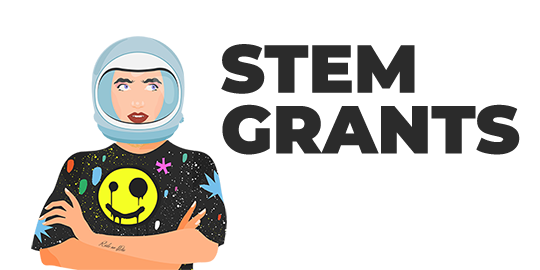Henry Luce Foundation Grants – DUE: Open
IGT After School Advantage Program – DUE: Open
August 20, 2018The Fluid Power Action Challenge Grants – DUE: OPEN
August 25, 2018The Henry Luce Foundation was established in 1936 by Henry R. Luce, the co-founder and editor-in-chief of Time Inc., to honor his parents who were missionary educators in China. The Foundation builds upon the vision and values of four generations of the Luce family: broadening knowledge and encouraging the highest standards of service and leadership. A not-for-profit corporation, the Luce Foundation operates under the laws of the State of New York and aims to exemplify the best practices of responsible, effective philanthropy.
The Henry Luce Foundation seeks to bring important ideas to the center of American life, strengthen international understanding, and foster innovation and leadership in academic, policy, religious and art communities.
The Luce Foundation pursues its mission today through the following grant-making programs: American Art; Asia; Luce Scholars; Theology; Higher Education; the Henry R. Luce Initiative on Religion in International Affairs; Public Policy; and the Clare Boothe Luce Program for women in science, mathematics and engineering.
Higher Education Application Guidelines
These are the guidelines for the Higher Education Program. You should also familiarize yourself with the Foundation’s general guidelines before beginning the application process.
http://www.hluce.org/higheredapply.aspx
The Higher Education Program welcomes excellent, innovative proposals from all kinds of institutions and organizations and encourages inquiries from those that are less well-resourced and/or that seek to serve disadvantaged or marginalized communities.
Higher education program grants have several characteristics:
- They support projects in the humanities and qualitative social sciences (with one exception: projects that encourage diversity in certain STEM fields are also supported)
- In general, they will support team-based projects or institutional initiatives rather than purely individual research projects
- The projects they support will not only produce new knowledge but will also model new approaches to the production, dissemination and application of knowledge
Grants awarded to to colleges and universities through the Higher Education Program should focus on at least one of the particular strategies described below:
- Encouraging new approaches to the dissemination of research outside of the academy—including to the general public or to particular communities of interest, like policymakers or practitioners
- Facilitating collaboration, dialogue, or another kind of exchange or partnership between scholars and practitioners or policymakers
- Facilitating and nurturing trans-disciplinary and trans-national research and training, especially across institutional boundaries and barriers of various kinds
- Supporting dialogue and collaboration between US and non-US institutions about higher education goals and strategies, especially in order to strengthen non-US institutions and the higher education sector in other parts of the world
- Supporting innovation in doctoral education, especially in ways that empower graduate students and equip them to thrive personally and professionally in the more challenging contemporary context
- Eliminating obstacles to a diverse professoriate and administration, especially in the physical sciences, engineering, and mathematics
Letters of inquiry can be submitted at any time through our online portal. Should you have questions in advance of completing the Letter of Inquiry, you may e-mail them to Mr. Sean Buffington, Program Director for Higher Education at buffington@hluce.org.
Restrictions
The Program does not contribute to:
- Capital projects
- Endowments
- General operating support
- Faculty lines (though a grant may pay a portion of faculty salary attributable to a project)
- Undergraduate financial aid
